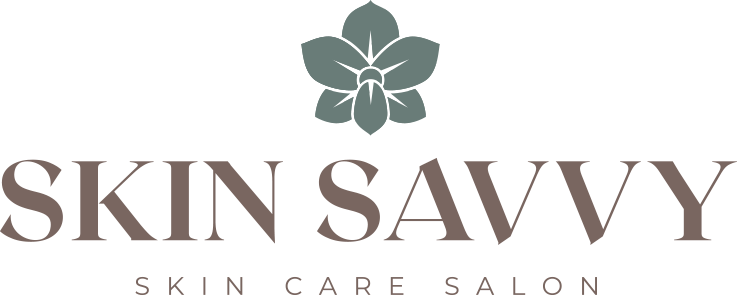The truth about medical grade skincare: What you really need to know.
In the world of skincare, there’s no shortage of buzzwords meant to catch your eye and open your wallet. One term that gets thrown around a lot is “medical grade” or “pharmaceutical grade” skincare. Sounds official, right? Maybe even a little clinical? But here’s the truth: these terms are marketing, not science.
Let’s get in to it.
Medical Grade vs. Prescription vs. Over-the-Counter
In the U.S., skincare products fall into two categories:
Over-the-Counter (OTC): These are products you can buy without a prescription. They’re regulated by the FDA for safety but not necessarily for effectiveness.
Prescription: These contain active ingredients at high enough concentrations to require oversight by a licensed medical professional. Think Retin-A (tretinoin) or hydroquinone over 4%.
“Medical grade” and “pharmaceutical grade”? Neither of those are recognized or regulated categories by the FDA. They’re simply marketing terms used to suggest that a product is more serious, more effective or somehow superior. In reality, there’s no standardized definition or legal requirement for calling a product “medical grade.” Any company can slap that label on a bottle.
Why Do Some Brands Require a Medical Director?
Some skincare brands will only sell their products to spas or clinics that have a medical director. While that may sound impressive, this is often just a branding strategy to elevate perceived value or exclusivity. It’s not always an indicator of a better or more effective product.
That said, in most cases there is a difference between products sold by licensed professionals and those sold on retail shelves—but it’s not about the label. It’s about the formulation.
Why Professional Skincare Is Often More Effective
In my experience as a licensed esthetician with over 30 years in the industry, I’ve seen firsthand how skincare products sold through professionals—like estheticians, dermatologists, and med spas—tend to deliver better results. Why?
Higher concentrations of active ingredients (within legal OTC limits)
Better delivery systems that actually get those ingredients into the skin where they can do their job
Fewer fillers and irritants that can dilute effectiveness or cause sensitivity
Targeted formulations designed for real skin concerns—not just fancy packaging and fragrances
Professional lines are often developed with more intention and backed by clinical data or research, even if they’re not prescription-strength. And perhaps most importantly, they’re recommended by someone who understands skin—not a salesperson on commission.
Final Thoughts
So next time you see the words “medical grade” or “pharmaceutical grade” on a label, take it with a grain of salt. What really matters is the formulation, the integrity of the brand and the knowledge of the professional guiding your skincare journey.
While the drugstore, beauty boutique or Tik Tok shop finds might seem convenient and fun to browse, if you’re truly looking to transform your skin, it’s worth investing in the expertise of a licensed professional—and the products they stand behind.
Your skin will thank you too.
